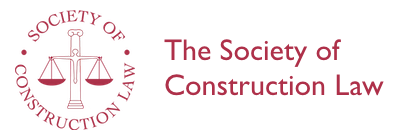SCL works to promote for the public benefit education, study and research in the field of construction law. It has around 3,000 members. Read more
The lesser of two evils? A comparative analysis of how common law jurisdictions approach accrual of causes of action in negligence post-Pirelli
In December of this year a panel of seven Supreme Court justices will hear the three-day appeal in URS v BDW and could seize the opportunity to address head-on a perennial thorn in the side of construction case law: Pirelli.
The case of Pirelli General Works Ltd v Oscar Faber & Partners [1983] 2 AC 1 established the deceptively simple starting point that a cause of action in tort will accrue when a building first suffers from physical damage. But how does this principle apply where the damage is a known structural defect that is yet to manifest as physical damage? Enter the discoverability principle. This states that the cause of action will accrue at the point when the damage is first discovered and has been accepted as part of the common law in Canada and Australia, where the courts have forged a new path away from Pirelli.
This talk will explore how different commonwealth jurisdictions have approached the question of when a cause of action accrues in tort for defective buildings. In particular, the talk will analyse the purpose of limitation provisions and discuss what lessons can be learnt from the international experience of this challenging but important area of construction law.
(Please note that bookings must be made online for this event, and SCL will not take bookings by email)
Please also note: this event will attract 1 CPD hour unless otherwise advised at the beginning.
1 Whitehall Pl, Westminster
London
SW1A 2HE
United Kingdom
Additional Event Information
|
